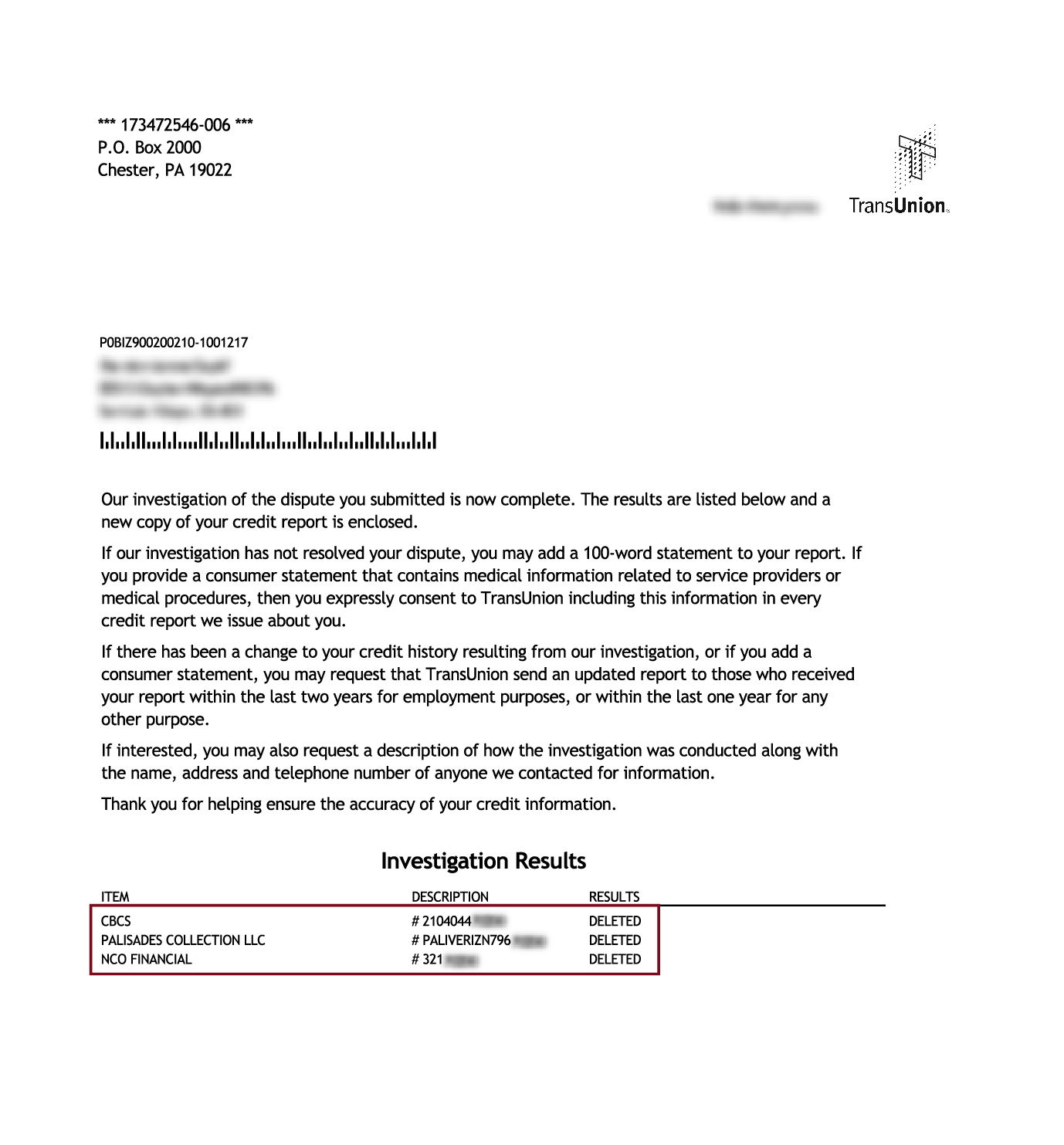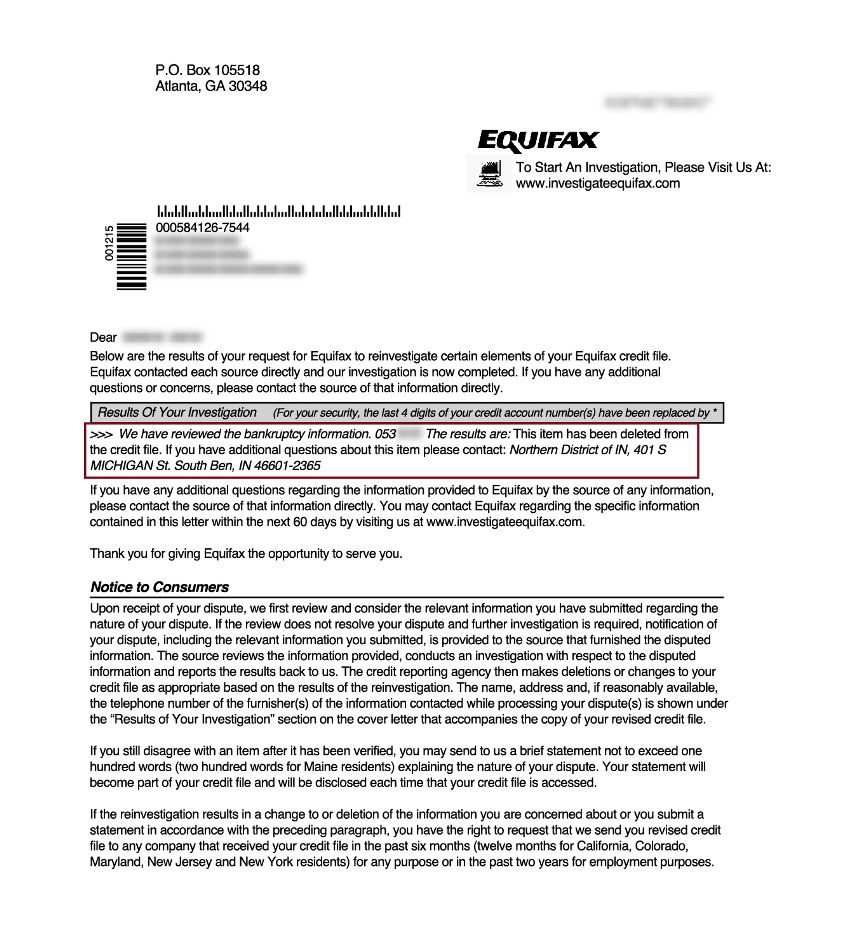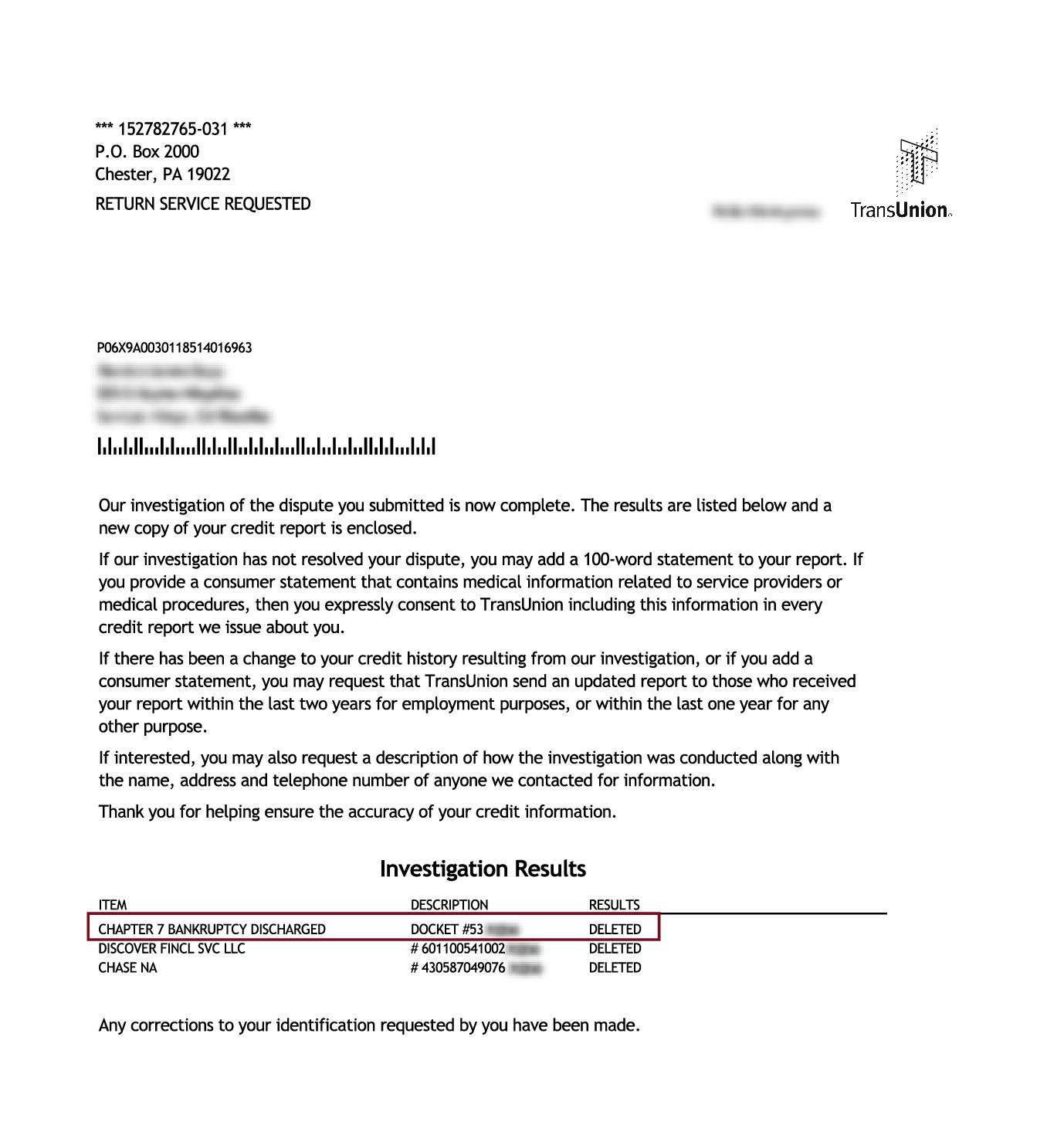Credit report errors are more common than most people realize—and they can seriously impact your finances. One wrong entry could mean a denied loan, higher insurance premiums, or thousands more in interest over time.

You have the legal right to dispute any inaccurate or outdated information. By taking action, you can correct those errors and protect your credit.
This guide walks you through the exact steps to find mistakes, file a dispute, and follow up with the credit bureaus—so your credit report reflects the truth.
What Causes Credit Report Errors?
Credit report errors are surprisingly common—and in many cases, they’re not caused by anything you did wrong. These mistakes can come from the companies that report your data or from how credit bureaus match and display that information.
- Mistakes from lenders or data furnishers – Banks, credit card companies, and debt collectors sometimes report wrong account details. A missed update or data entry error can show up as a late payment or incorrect balance.
- Mixed or merged files – If someone has a similar name or Social Security number, their information could show up on your report. This happens more often with common names or shared addresses.
- Identity theft and fraudulent accounts – If someone uses your information to open credit accounts, those accounts can end up on your report—even if you didn’t authorize them.
- Re-aged debts or duplicate entries – Collection agencies sometimes reset the date of an old debt to make it look recent, or a debt may appear multiple times under different names.
Why Fixing Credit Report Errors Matters
A single mistake on your credit report can hurt your credit score and make borrowing more expensive. Even a small error can cost you in the long run.
Errors can lead to denied credit applications, higher interest rates, and fewer options when applying for a loan, mortgage, apartment, or job. In some cases, they can raise your insurance premiums or trigger security deposits for utilities.
Bad data on your credit report isn’t just annoying—it’s expensive. On a $250,000 mortgage, a lower credit score could raise your interest rate and cost you over $100,000 across the loan term. Fixing those errors protects both your score and your wallet.
Your Rights Under the Fair Credit Reporting Act (FCRA)
Federal law gives you the right to accurate information on your credit reports. The Fair Credit Reporting Act (FCRA) is the law that protects you.
- You’re entitled to one free report from each credit bureau every 12 months – Go to AnnualCreditReport.com to request them.
- You can dispute inaccurate or outdated information – If an item can’t be verified, the credit bureau must delete or correct it.
- Credit bureaus must investigate within 30 to 45 days – Once you file a dispute, the bureau is required to reach out to the source of the information.
- If changes are made, the bureau must notify others who accessed your report – You can also ask them to send an updated copy to anyone who pulled your report in the last six months.
Ready to Clean Up Your Credit Report?
Learn how credit repair professionals can assist you in disputing inaccuracies on your credit report.

Step-by-Step: How to Dispute Credit Report Errors
You don’t need a lawyer or a credit repair company to fix mistakes on your credit report. Here’s how to do it yourself—step by step.
1. Check All Three Credit Reports for Mistakes
Start by getting a free copy of your credit report from each of the three major credit bureaus: Equifax, Experian, and TransUnion. Use AnnualCreditReport.com, the only site authorized by federal law to give you all three reports for free.
Go through each report carefully. Look for wrong account statuses, incorrect balances, unfamiliar accounts, duplicate entries, and outdated information. Also double-check your personal details, like your name, address, and employer.
2. Send a Written Dispute Letter
You can dispute online or by phone, but written letters are safer. They let you keep a paper trail and avoid giving up certain legal rights that may be waived when you dispute online.
Your letter should clearly identify each error, explain why it’s wrong, and include any supporting documents that back up your claim. List the account number and the credit bureau reporting it. You don’t need to send a copy of your entire credit report—just the page with the mistake.
You can use one of our free credit dispute letter templates to get started. Just customize it to match your situation, print it, and send it by certified mail with a return receipt requested.
3. Wait for the Investigation Results
After the credit bureau gets your dispute, they’ll start an investigation. They’ll contact the lender or data furnisher to ask for verification. That company must review the account and report back.
You’ll usually get results within 30 to 45 days. If the item is verified, it will stay on your credit report. If the company can’t verify it or doesn’t respond in time, the credit bureau must remove it.
4. Follow Up if You Don’t Hear Back
If 40 days go by, and you haven’t received a response, send a follow-up letter. Include a copy of your original dispute, any documentation you sent, and proof that the bureau received your letter.
If the credit bureau fails to respond or refuses to fix a clear error, file a complaint with the Consumer Financial Protection Bureau or the Federal Trade Commission. These complaints can support your case if you take further action. Always keep copies of everything you send and receive.
Where to Send Your Dispute Letters
Once you’re ready to send your credit dispute, use the contact details for each credit bureau below. Always send your letters by certified mail and keep a copy for your records.
Equifax
Equifax Information Services LLC
P.O. Box 740256
Atlanta, GA 30374-0256
Phone: (800) 685-1111
Experian
Experian
P.O. Box 4500
Allen, TX 75013
Phone: (888) 397-3742
TransUnion
TransUnion LLC Consumer Dispute Center
P.O. Box 2000
Chester, PA 19016
Phone: (800) 916-8800
What if the error isn’t removed?
Sometimes, the credit bureau won’t fix the error—even when your documentation is clear. If that happens, you’re not out of options.
Start by sending a second dispute with additional supporting documents. Be specific about what was previously submitted and why the item is still incorrect.
If they still won’t correct it, escalate. You can file a complaint with the Consumer Financial Protection Bureau or the Federal Trade Commission. These complaints won’t resolve the issue overnight, but they create a paper trail that strengthens your case.
If a credit bureau or lender violates your rights under the Fair Credit Reporting Act, you may have legal grounds to sue. Keep detailed records in case you need to speak with a consumer protection attorney.
When to Get Help From a Credit Repair Company
Disputing credit report errors takes time, patience, and follow-up. If you’re overwhelmed or just want someone else to handle it, a credit repair company could be worth considering.
The best credit repair services know how to challenge inaccurate items, follow up with stubborn lenders, and push for results. Look for companies with transparent pricing, strong reviews, and a track record of success with disputes like yours.
Credit Saint is one of the top-rated options. They’ve helped thousands of people remove collections, charge-offs, bankruptcies, and other negative marks. If you’re ready for professional support, start with a free consultation to see what’s possible.
Real Results From Credit Repair Services
Wondering what credit repair can actually do? Here are real examples of negative items successfully removed from credit reports—including collections, bankruptcies, and charge-offs.
Click the images below to view them full-size.




Start Fixing Your Credit Today
You don’t have to live with errors on your credit report. Whether you handle it yourself or hire a pro, the most important thing is to take action.
Dispute the inaccuracies, follow up, and protect your credit score. If you want expert help, consider a free consultation with Credit Saint to see if they’re a good fit.
Ready to Repair Your Credit?
Learn how to get help disputing errors on your credit report that could be hurting your credit score.



Leave a Reply